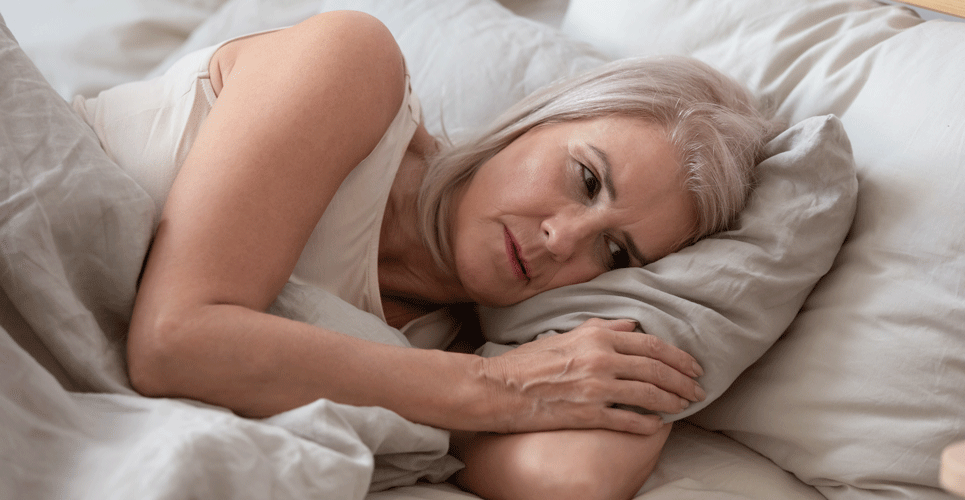CBT treatment rather than sleep education for insomnia in older adults reduced the likelihood of subsequently developing depression
The use of cognitive behavioural therapy (CBT) treatment for insomnia among older adults without depression, reduced the risk of subsequently becoming depressed compared with sleep education therapy. This was the conclusion of a randomised, head-to-head trial comparing the two interventions in older adults, by researchers from the Cousins Center for Psychoneuroimmunology, University of California, US.
The prevalence of insomnia in the elderly ranges from 30% to 48% and having insomnia is associated with a two-fold increased risk of developing depression. While there are several effective pharmacotherapeutic options for the management of insomnia, these may cause cognitive and behavioural changes that might be associated with infrequent but serious harms. Non-pharmacological treatments include CBT which has been recommended in European guidelines, as the first-line treatment for chronic insomnia in adults of any age but alternatives such as sleep education have also been shown to be of value.
Whether the use of CBT or sleep education for the management of insomnia reduces the risk of subsequently developing depression in older adults is unclear and was the subject of the study by the US team. They recruited community dwelling patients with insomnia but no or very minimal signs of depression and randomised them to either CBT or sleep education therapy (SET), both of which were delivered by a trained psychologists in weekly 120-minute group sessions for a period of two months. The primary outcome was the time to incident or recurrent major depressive disorder and which was diagnosed by the Structured Clinical Interview of the DSM-5 every 6 months during 36 months of follow-up.
Findings
A total of 291 patients with a mean age of 70 years (57.7% female) were randomised to either CBT or SET. Among 123 participants with a reported history of depression, 94.3% reported that this had been diagnosed more than 2 years earlier although in both groups, the mean depression scores were minimal.
The primary outcome occurred in 12.2% of those in the CBT group and 25.9% of the SET group (adjusted hazard ratio, aHR = 0.45, 95% CI 0.23 – 0.86, p = 0.02). Further adjustment for baseline depression severity, use of hypnotics and antidepressants, give rise to an adjusted HR for CBT of 0.41 (95% CI 0.20 – 0.85, p = 0.02), i.e., a virtually 60% reduced risk of depression compared to using SET.
After completion of treatment, the proportion of participating who achieved remission of insomnia was greater with CBT compared to SET (50.7% vs 37.7%).
The authors concluded that the use of CBT in older adults with insomnia but no depression, reduced incident and recurrent depressive disorder by more than 50%. They suggested that these data supported the need for further efforts to prevent depression by targeting risk factors such as insomnia in those at risk such as the elderly.
Citation
Irwin MR et al. Prevention of Incident and Recurrent Major Depression in Older Adults With Insomnia. A Randomized Clinical Trial. JAMA Psychiatry 2021

